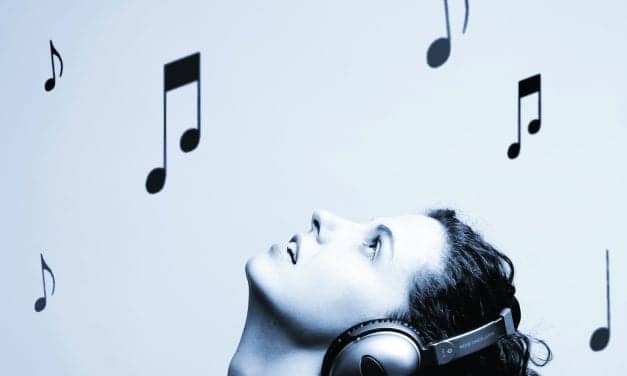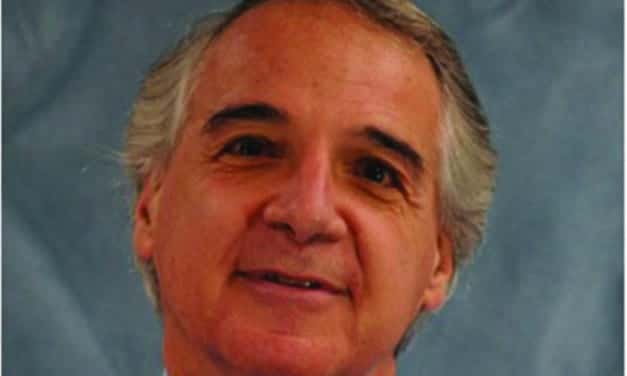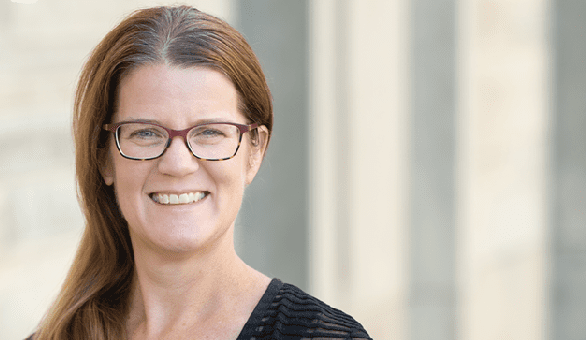Looking Back and to the Future: An Interview with Arlene Pietranton, PhD, Retiring CEO of ASHA
Retiring ASHA CEO Arlene Pientranton, PhD, shares her perspectives with Douglas Beck, AuD, about the evolution of ASHA, new legislation like MAASA and OTC regulations, and the use of cognitive screening tools for audiologists and SLPs.
Read More













